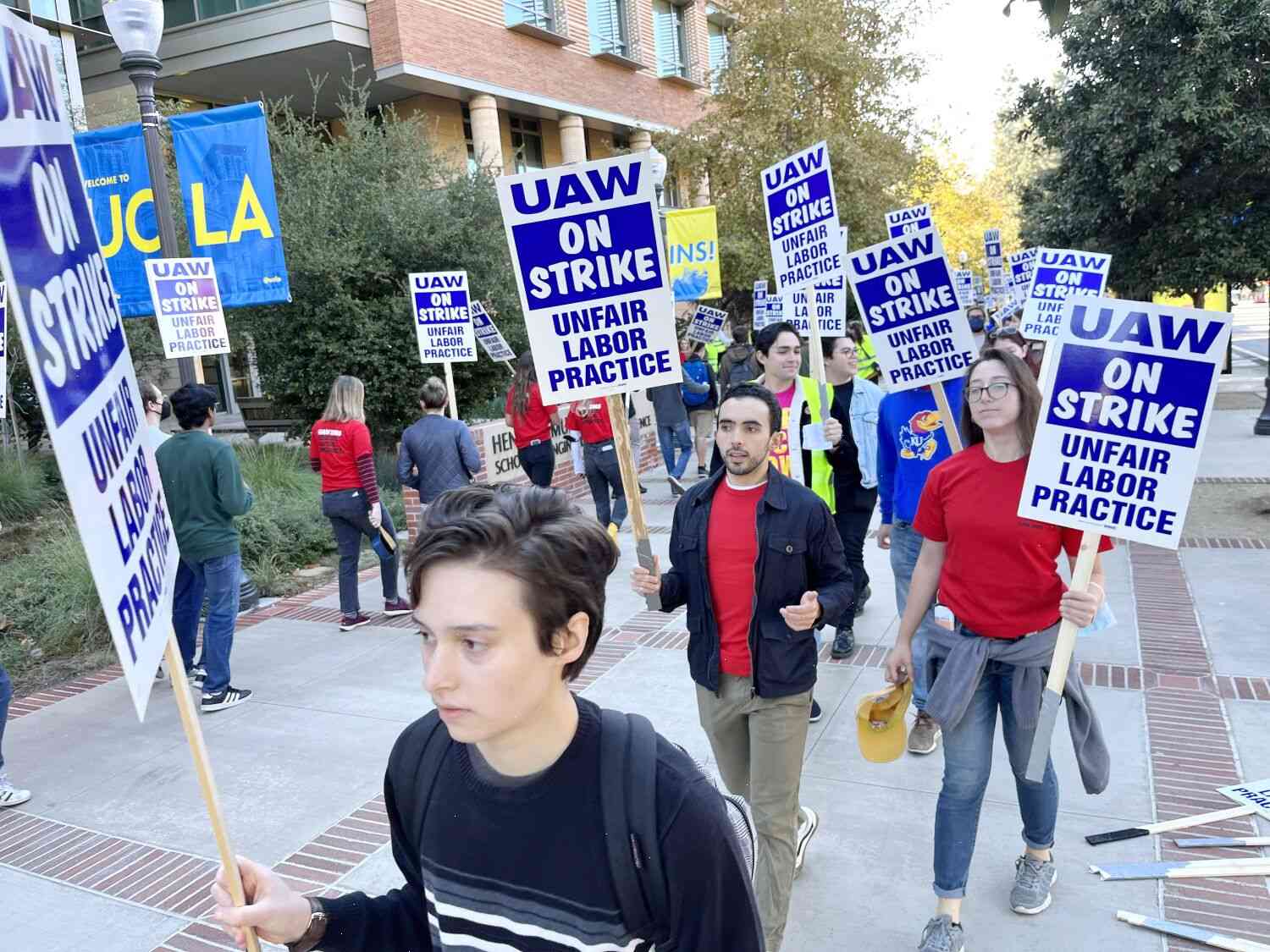UC says strikers’ demand to tie pay to housing costs could have ‘overwhelming’ cost impacts on wages and conditions of employees
The National Audit Office has said that the Government’s proposals to increase the basic pay of public sector workers could have “overwhelming” costs on other parts of the public sector due to the cost effectiveness of the policy.
The NAO said its analysis of the Government’s proposals for a two-year pay freeze for public sector workers found that the change could result in reduced investment in public services as people were less likely to engage with them because of the squeeze on household disposable incomes.
The agency said ministers have “unreserved support in their desire to increase the pay settlement for public sector employees” but the policy risks being unbalanced by other measures.
Sonia Poulton, the NAO’s chief executive, said: “There is a need to strike a better balance between the pay of public sector workers and the value brought by the wider provision of public services.”
The agency will provide an update on its findings when it publishes a report on the Government’s proposals on 1 July, she said.
The Government said that “the impact on the wider economy will be minimal”.
Public sector strike action is currently on the cards following the announcement that employees across the sector, including the police, Royal Ulster Constabulary, Fire and Ambulance Service and NHS nurses, will be staging another three days of strike action in June after a series of defeats for ministers over a deal that would have seen a two-year pay freeze.
The Government’s proposals to raise the pay of public sector workers by up to 2.5% this year, with a further increase of 1% next year, have been rebuffed by the union, which has asked the government to return to the negotiation table in order to return the issue of wages and conditions to the forefront of the Brexit negotiations.
The dispute has led to a long summer of disruption for British passengers, business, hotels, transport and leisure activities, and cost the economy around £600m a week in lost earnings, according to the Office for Budget Responsibility.
On Wednesday, the Labour party called for an election.
Speaking in Westminster before the House of Commons vote on the pay deal, Theresa May, the Prime Minister, described the dispute as “a very serious issue”.







